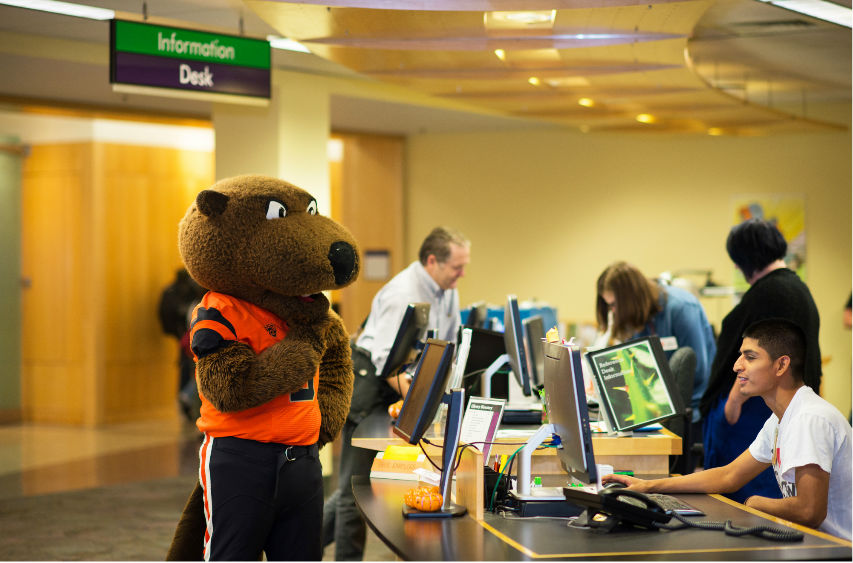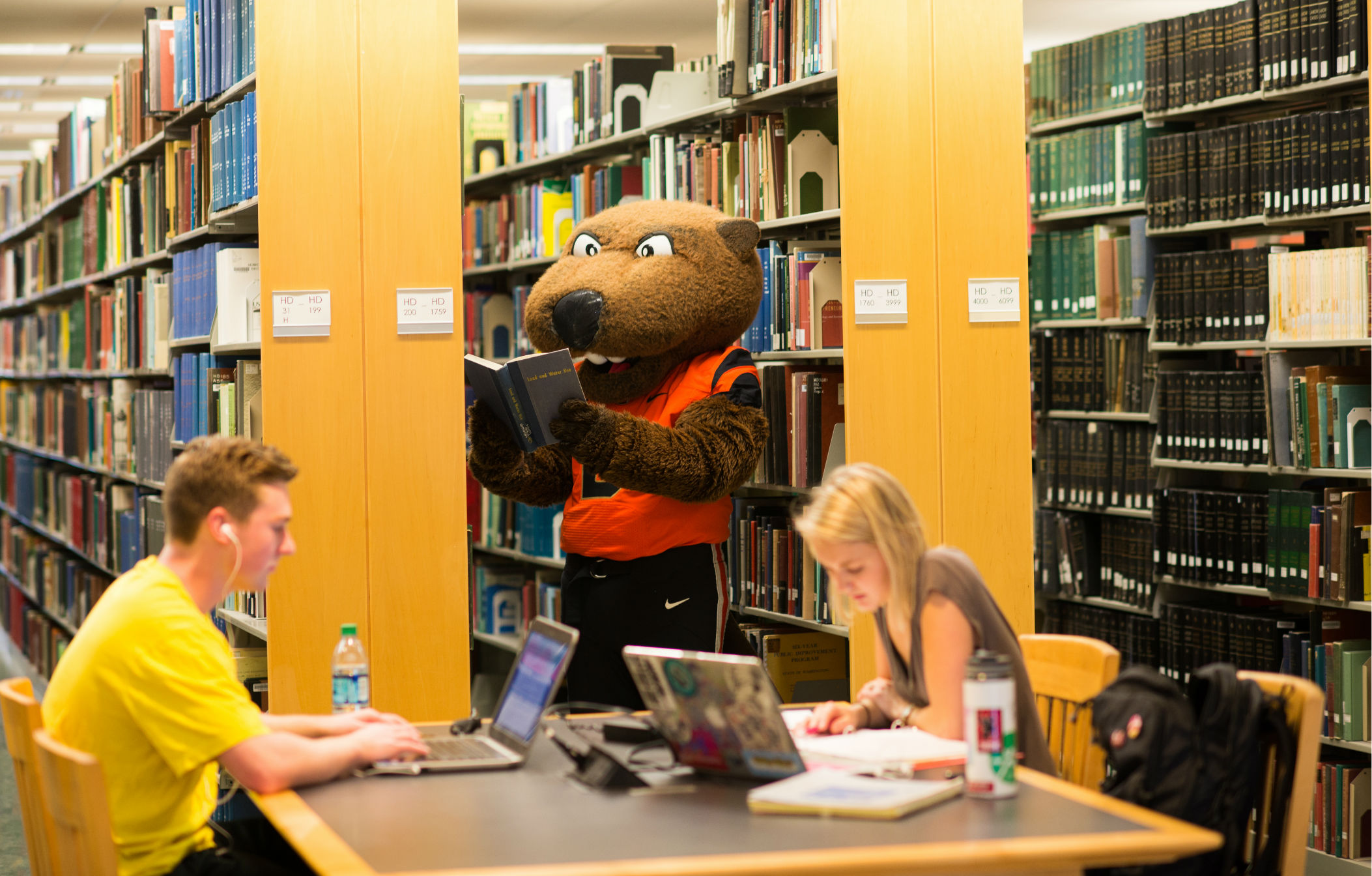- Home
- Borrow & Request
- Collections
- Instructors & Researchers
- Help
- Meet & Study Here
- Tech & Print
- About
V. Proposed Priorities


A. Internal Priorities
1. Clarify decision-making roles and processes within the Libraries and Press in support of better transparency, more effective delegation, and greater participation and collaboration both within and across departments.
2. Build a culture and structures that emphasize and reward experimentation, reflective practices and mindfulness.
3. Emphasize equity, diversity and inclusion in hiring and retention at all levels of the organization, so that we become, over time, more reflective of the diversity of the communities that we serve.
B. External Priorities
1. Optimize the library experience in support of learning success, scholarly excellence and community engagement.
This will include, but not be limited to: maximizing the capacity of our facilities for learning and work; ensuring that our spaces are safe and inclusive; removing barriers to access our resources and the resources of OSU; and co-creating learning spaces with our users.
2. Strengthen equity, diversity and inclusion in our organization, on campus, in the community and in our professional communities.
This will include, but not be limited to: focusing our resources, expertise and knowledge in support of larger OSU efforts to address these issues; identifying communities underserved by OSU Libraries and providing the resources necessary to improve their access and use; continuing to build collections that represent diverse experiences and complicated issues; and identifying missing voices in all of our collections and developing ways to address that.
3. Develop, demonstrate and support best practices for data management, preservation, accessibility and privacy across campus.
This will include, but not be limited to: advocating for privacy in student data policies; collaborating with researchers on developing best practices for data management throughout the research life-cycle for open data; and the creation and preservation of digital objects within OSULP.
4. Pursue solutions that will support publishing, distribution and collection models and relationships that are flexible, affordable, accessible and sustainable for users and creators.
This will include, but not be limited to: advocating for open when it makes sense, and excellence and affordability always; and guiding our communities through the complex systems of publishing and distribution.
5. Use direct and indirect strategies to help make college more affordable for undergraduate and graduate students.
This will include, but not be limited to: creatively building collections to give our communities access to the resources that they need; working with campus partners to connect learners to these and other campus resources; identifying ways to reduce or eliminate fees and fines; identifying, creating and sharing low- and no-cost alternatives to course materials; and wherever possible, sharing and supporting open tools with an eye to how learners will access information after they leave Oregon State.